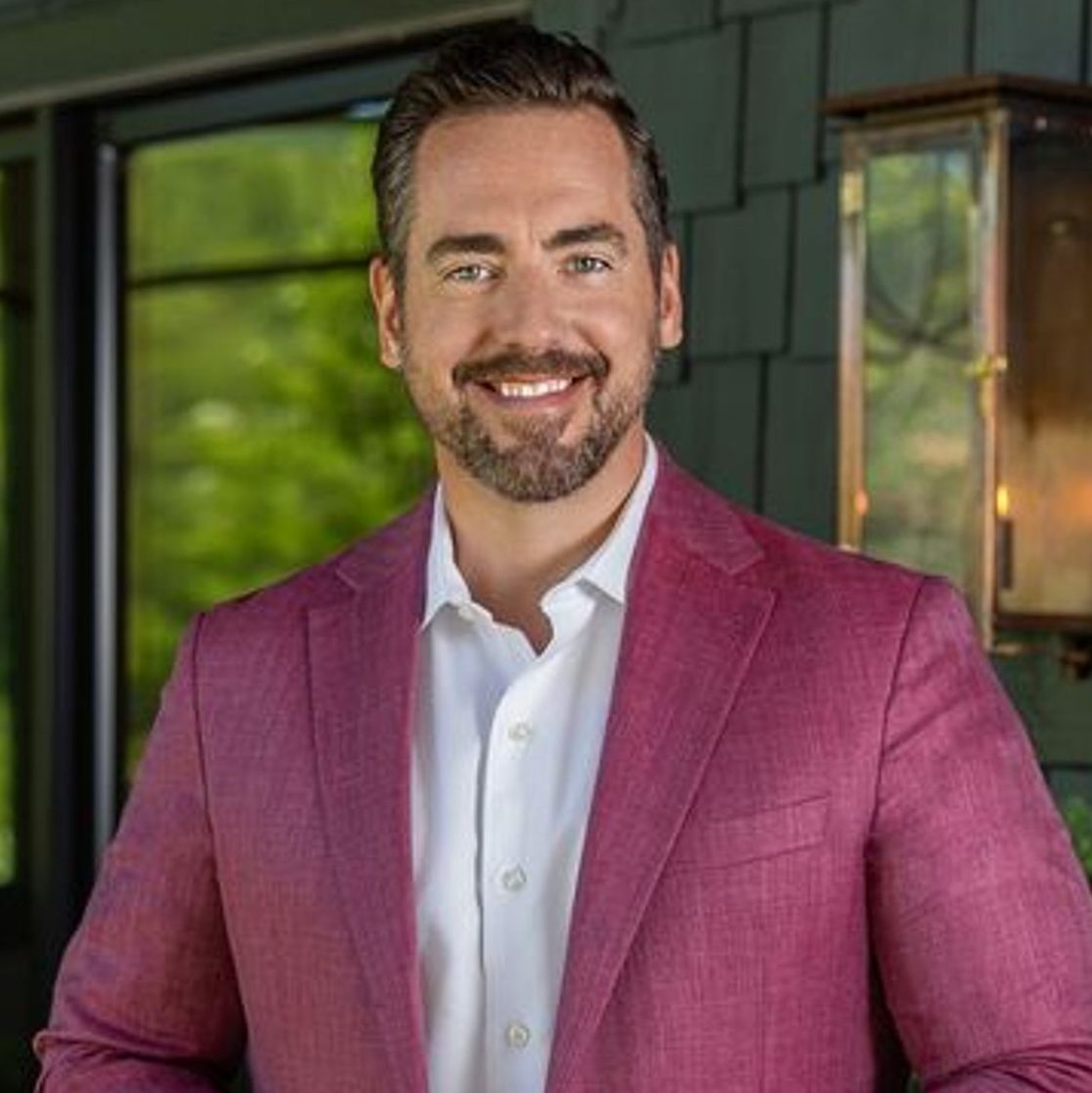At Snappy Kraken’s Jolt! Conference, which was held from June 9 to 11 at the Renaissance Nashville Hotel, we spoke with Robert Sofia, Founder and CEO of Snappy Kraken; Liz Fritz, Co-Founder of F2 Strategy; and Brendan Frazier, Chief Behavioral Officer at RFG Advisory.
Robert Sofia, Founder & CEO, Snappy Kraken

“The rate of change is blistering” in wealth management marketing, said Sofia, pointing out that AI, which is a primary driver of change, is doubling in its task-solving capacity every seven months. Combined with increased consumer expectations and private equity continuing investments in wealth management, the “days of a country club business with gradual growth based solely on referrals are over.”
The goal of the Jolt! Conference, Sofia said, is to “spark the desire for change and give the tools for change” to advisors. “The energy is awesome,” he said of the conference.
“Given that everybody got up and lost two to three hours of sleep and still packed the house for the opening session shows the commitment and enthusiasm of the attendees,” he added, referencing the Renaissance Hotel’s evacuation in the wee hours of June 10 due to a fire in a parking garage across the street.
Looking to the next several years in wealth management marketing, Sofia said that people today trust their personal advisors, including financial advisors, attorneys and accountants, more than political or religious leaders. As technology increases its capability to do the labor of advisory work, the role of the advisor will evolve into something resembling a coach, helping clients with accountability and emotional support.
AI will continue the rapid pace of change as barriers to entry are low and large language models (LLMs) democratize access, Sofia said, calling AI adoption an “arms race.”
Liz Fritz, Co-Founder, F2 Strategy

“The core mission of F2’s technology is to deepen human connection,” Fritz said, pointing to a report she recently authored on the firm’s website titled “Unlocking the Power of AI for Marketing Your Wealth Management Firm.” The report details use cases for AI, how AI can unlock human creativity and tips on getting started with AI.
Fritz recommended getting started with AI through tools that can be used in personal life, such as ohai.ai, before trying business tools.
She said that firms should conduct a self-audit on branding every 18 to 24 months. “Just like fashion changes, the colors and layouts, and channel strategies” of branding change. She noted that the two-year cycle of the Jolt! Conference fits this timing well. The conference can provide inspiration to either build a brand foundation or evolve to a newer, more modern branding.
Fritz said that many firms need to move from multi-channel to omni-channel engagement, explaining that multi-channel communication provides different messages on different platforms, while an omni-channel approach provides the “same custom journey for the audience regardless of channel.”
She analogized branding to the exterior of a house. If a company were to renovate the interior of a house with fully functional electricity, plumbing and other needed functionality but “the exterior still looked like 1985,” it would need to make the exterior reflect its modern interior before going to market.
According to Fritz, to take a core message to market, a firm needs to engage in three keys to “old-fashioned growth”: great sales, automated compliance and a configured CRM with high-quality content. She emphasized that “data is oil,” and the modern marketing engine must have data for fuel.
Brendan Frazier, Chief Behavioral Officer, RFG Advisory

“Financial advice is trending towards being financial planning plus the human side,” said Frazier, “zooming in on client behavior, not just in terms of rationality.” He pointed out that the human side includes “trust, communication, helping clients use money to fund their lives and how to get clients to follow recommendations.”
Clients often know what to do but fail to follow through, according to Frazier. “People will often do one of five things advisors ask them to do” if given a list. “Advisors help them actually implement their plans, such as helping them stay invested in a volatile market.”
He said that an advisor’s “natural tendency is to fight feelings with logic, but fear and logic are different parts of the brain.” Instead, clients need someone to help them process their thoughts and feelings. To do that, his firm trains advisors to let clients know it’s OK to be worried. Once engaged in conversation, clients often talk themselves into staying the course, in his experience.
Addressing how to retain heirs in the Great Wealth Transfer, Frazier said that experience shows engaging the heirs years in advance will result in keeping the heirs as clients, but it’s a matter of advisors taking these necessary steps. Advisors must prepare the heirs, facilitate family meetings and get the family on the same page.
Julius Buchanan, Editor in Chief at Wealth Solutions Report, can be reached at julius.buchanan@wealthsolutionsreport.com.














